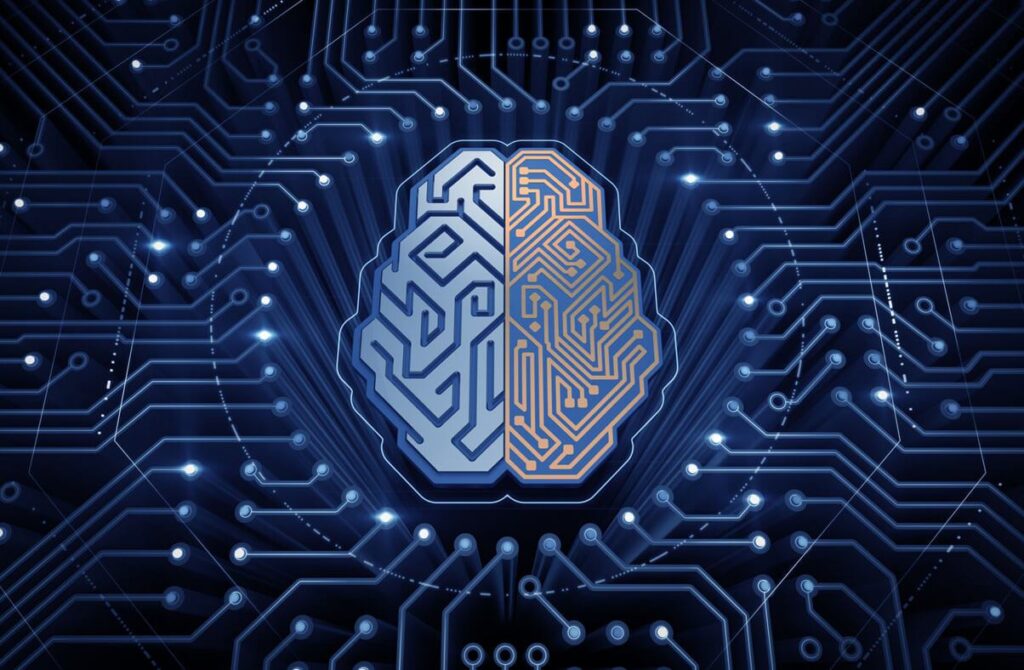Artificial intelligence (AI) has come a long way since its inception, with advancements in machine learning and natural language processing allowing it to perform complex tasks. One area where AI has shown significant potential is in programming, with researchers exploring ways to teach machines to code. However, the question remains: Can AI excel in programming like humans? In this article, we will explore the possibilities and limitations of AI in programming.
Contents
Understanding AI in Programming
Before delving into whether AI can excel in programming like humans, it’s essential to understand what AI in programming entails. AI can be used in programming in various ways, including:
- Automated coding: This involves machines writing code without human intervention. Researchers are working on teaching machines to understand programming languages and write code that meets specific requirements.
- Code optimization: AI can be used to optimize existing code by identifying areas that can be improved and suggesting changes.
- Debugging: AI can help identify errors in code and suggest solutions to fix them.
Advantages of AI in Programming
There are several advantages of using AI in programming, which has led researchers to explore its potential in this area.
- Increased efficiency: AI can write code faster than humans, enabling developers to complete projects quicker.
- Reduced errors: Machines are less likely to make errors than humans, reducing the likelihood of bugs in code.
- Scalability: AI can write and optimize code at scale, making it easier to handle complex projects.
- Cost-effective: Using AI to write code can reduce labor costs, making it more cost-effective than relying solely on human programmers.
Limitations of AI in Programming
Despite the advantages of using AI in programming, there are also several limitations that need to be considered.
- Lack of creativity: While AI can write code that meets specific requirements, it lacks the creativity and intuition that human programmers possess.
- Limited understanding: Machines can struggle to understand the context and intent behind code, leading to errors and suboptimal solutions.
- Inability to learn from experience: AI relies on pre-programmed rules and algorithms, making it unable to learn from experience and adapt to new situations.
- Ethical concerns: As AI becomes more advanced, there are concerns about the potential for machines to replace human programmers, leading to job loss.
Current Developments in AI Programming
Despite the limitations, researchers are making progress in teaching machines to code. Some of the recent developments in AI programming include:
- GPT-3: OpenAI’s language model can generate code in various programming languages, making it a promising tool for automated coding.
- DeepCoder: Developed by Microsoft, DeepCoder uses machine learning to generate code from natural language descriptions of programming tasks.
- CodeGPT: A project by GitHub that aims to develop a machine-learning model that can generate code for software projects.
- Program Synthesis Using Examples (PROSE): A tool developed by Microsoft that uses machine learning to automate coding tasks.
The Future of AI in Programming
The advancements in AI programming have led to speculation about the future of the industry. Some experts predict that AI will eventually replace human programmers, while others believe that machines will augment human programmers, making them more efficient.
It’s clear that AI has the potential to revolutionize programming, but it’s unlikely that it will completely replace human programmers. While machines may be able to write code faster and with fewer errors, they lack the creativity, intuition, and critical thinking skills that humans possess. Additionally, as AI becomes more advanced, there are ethical concerns about job loss and the potential for machines to make decisions that could have unintended consequences.





